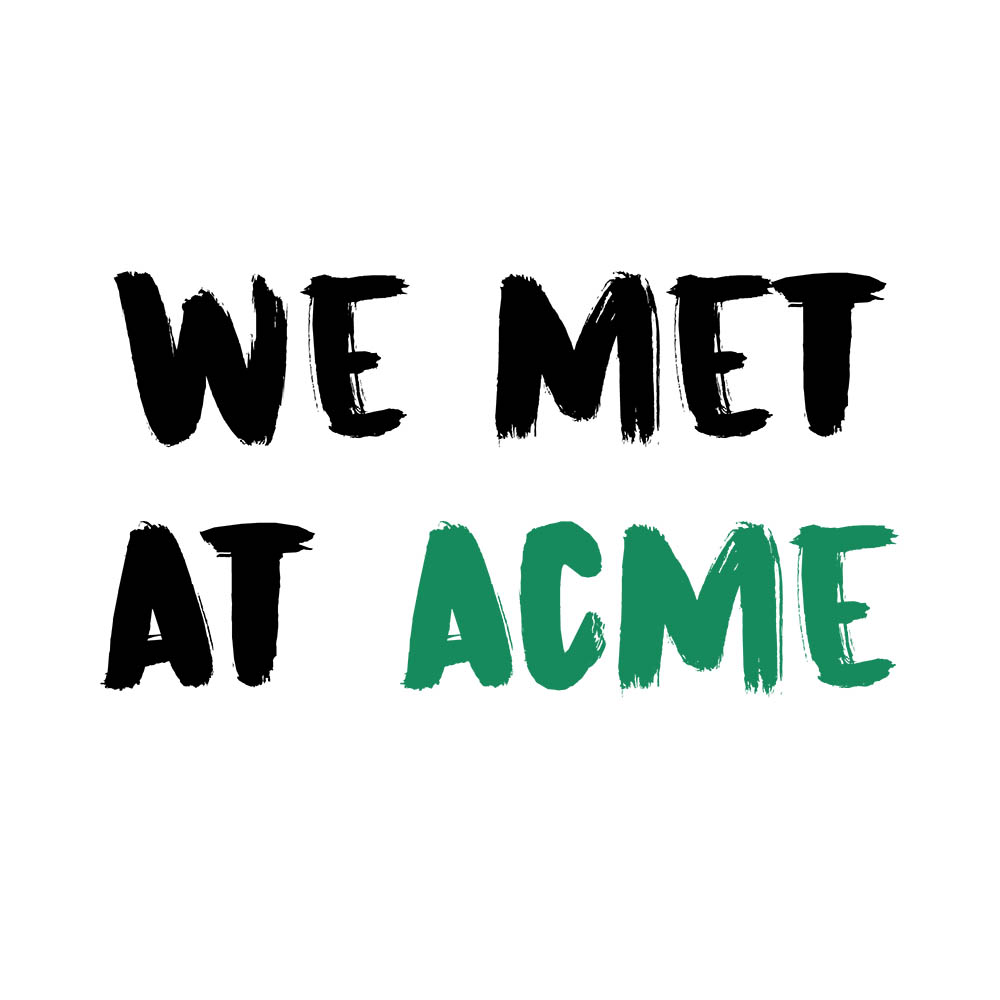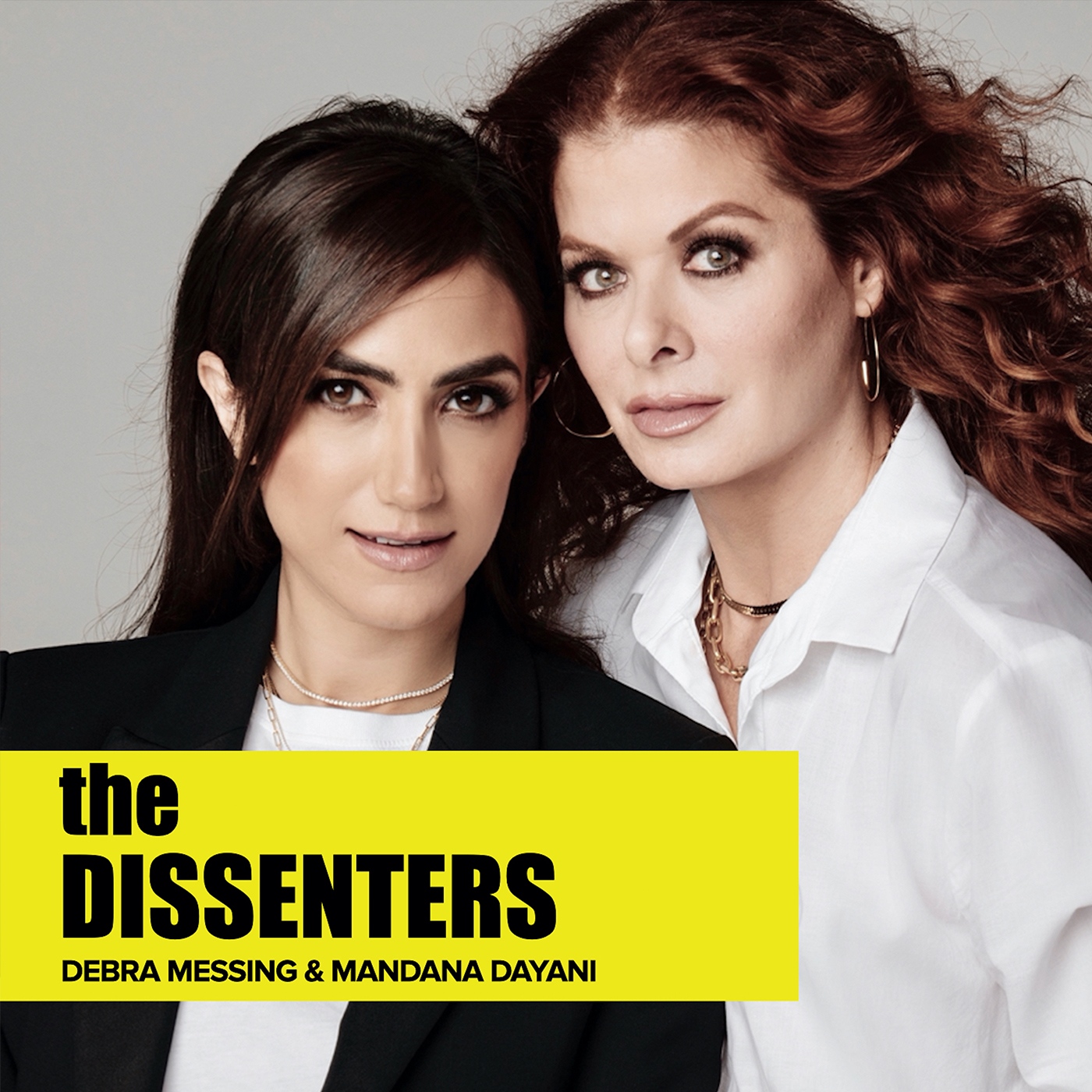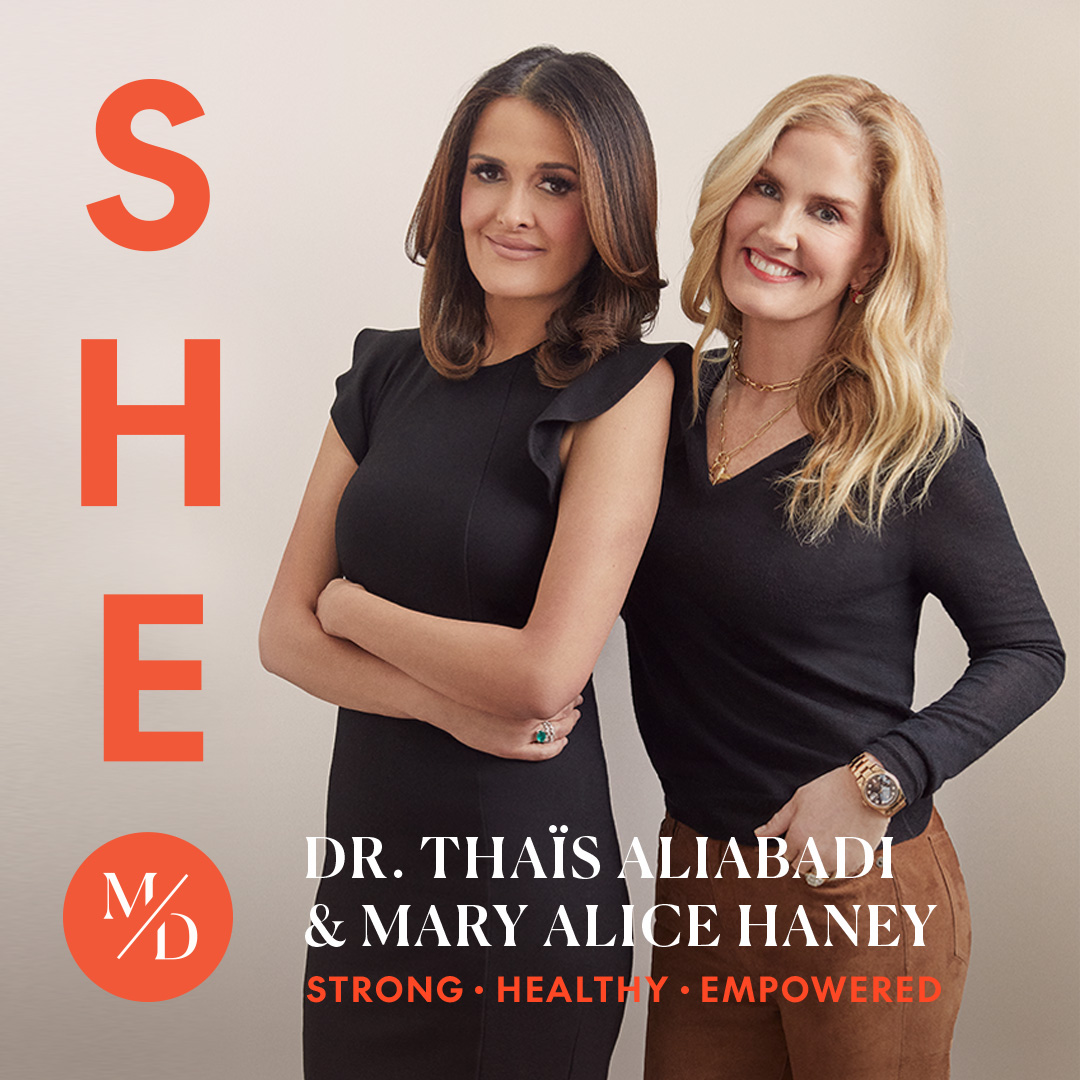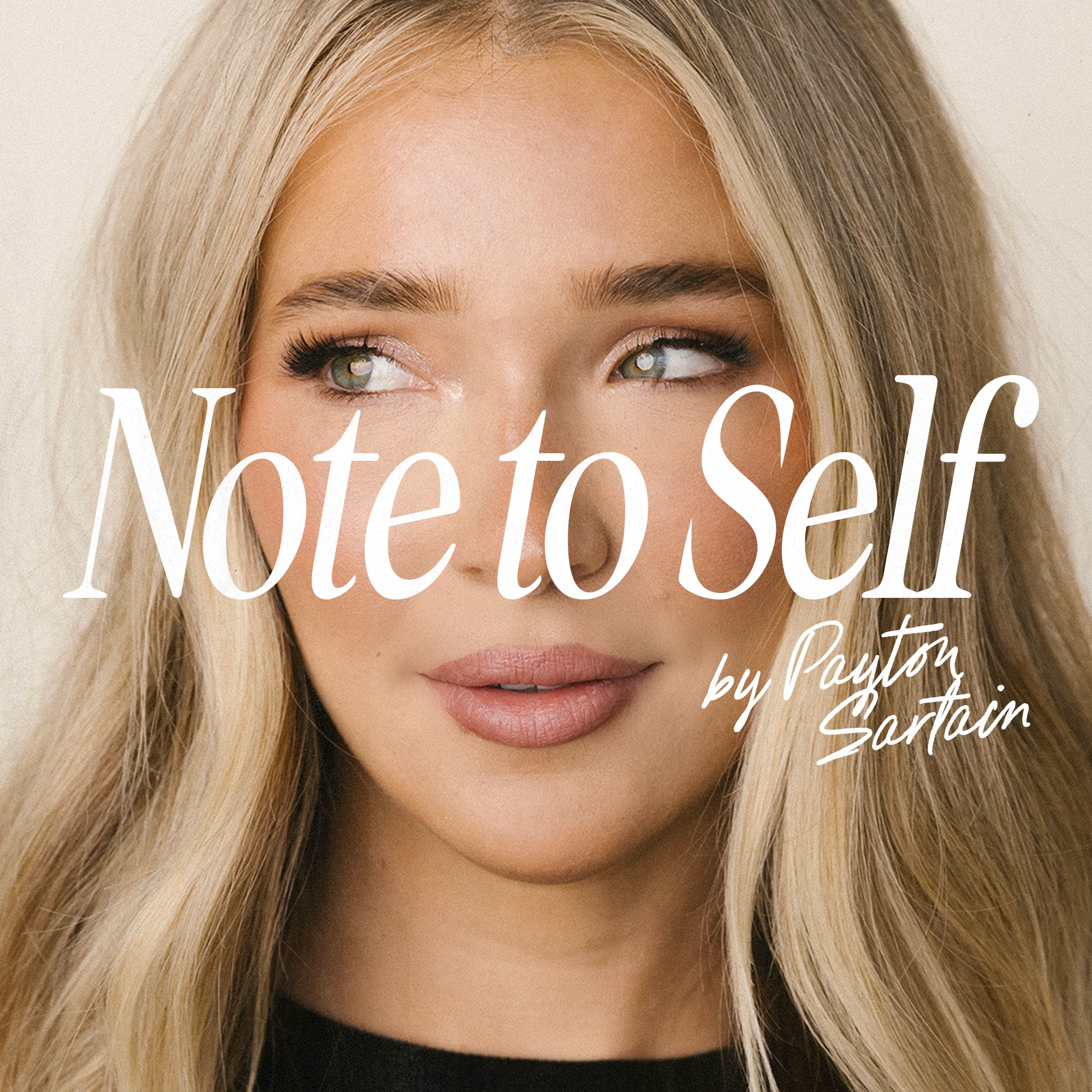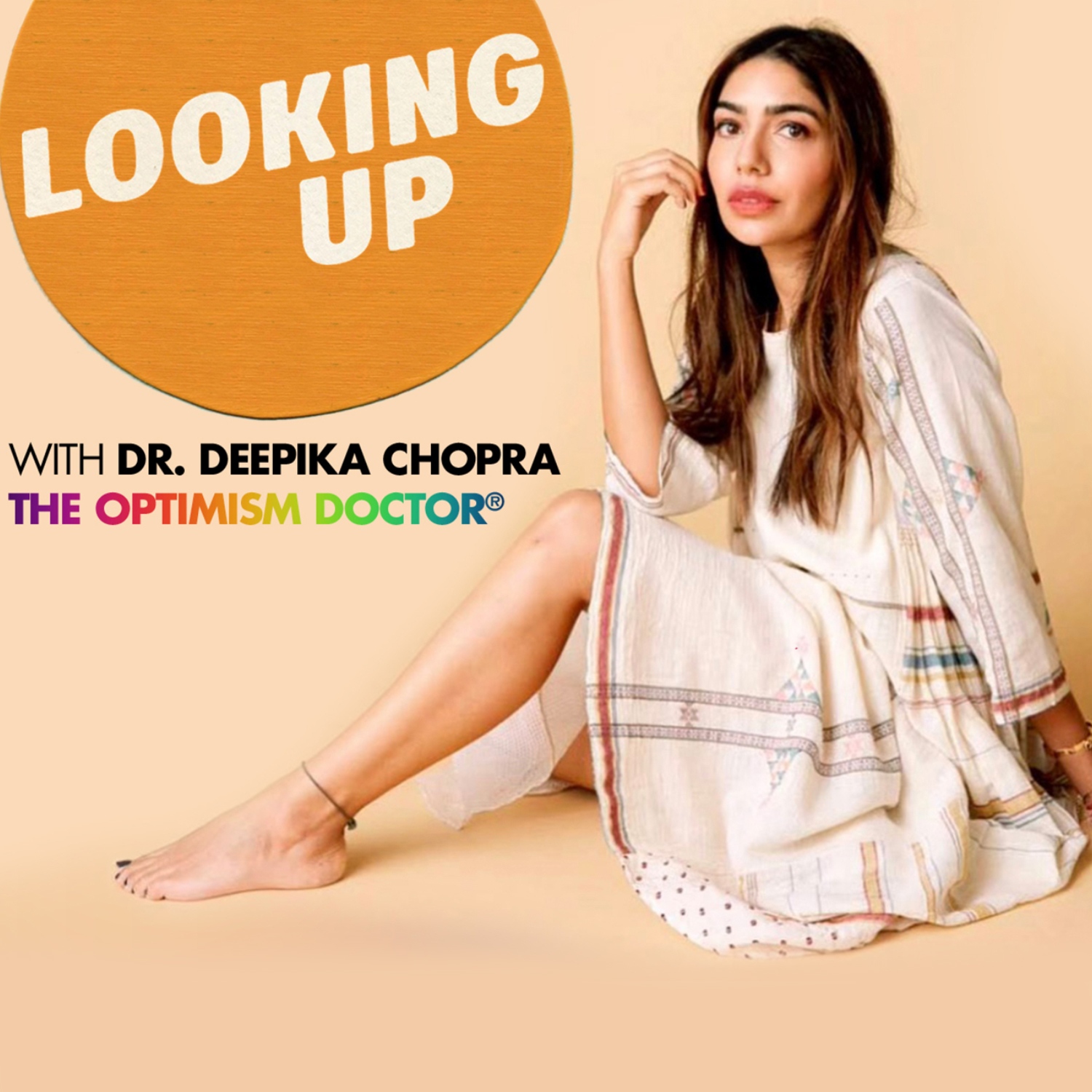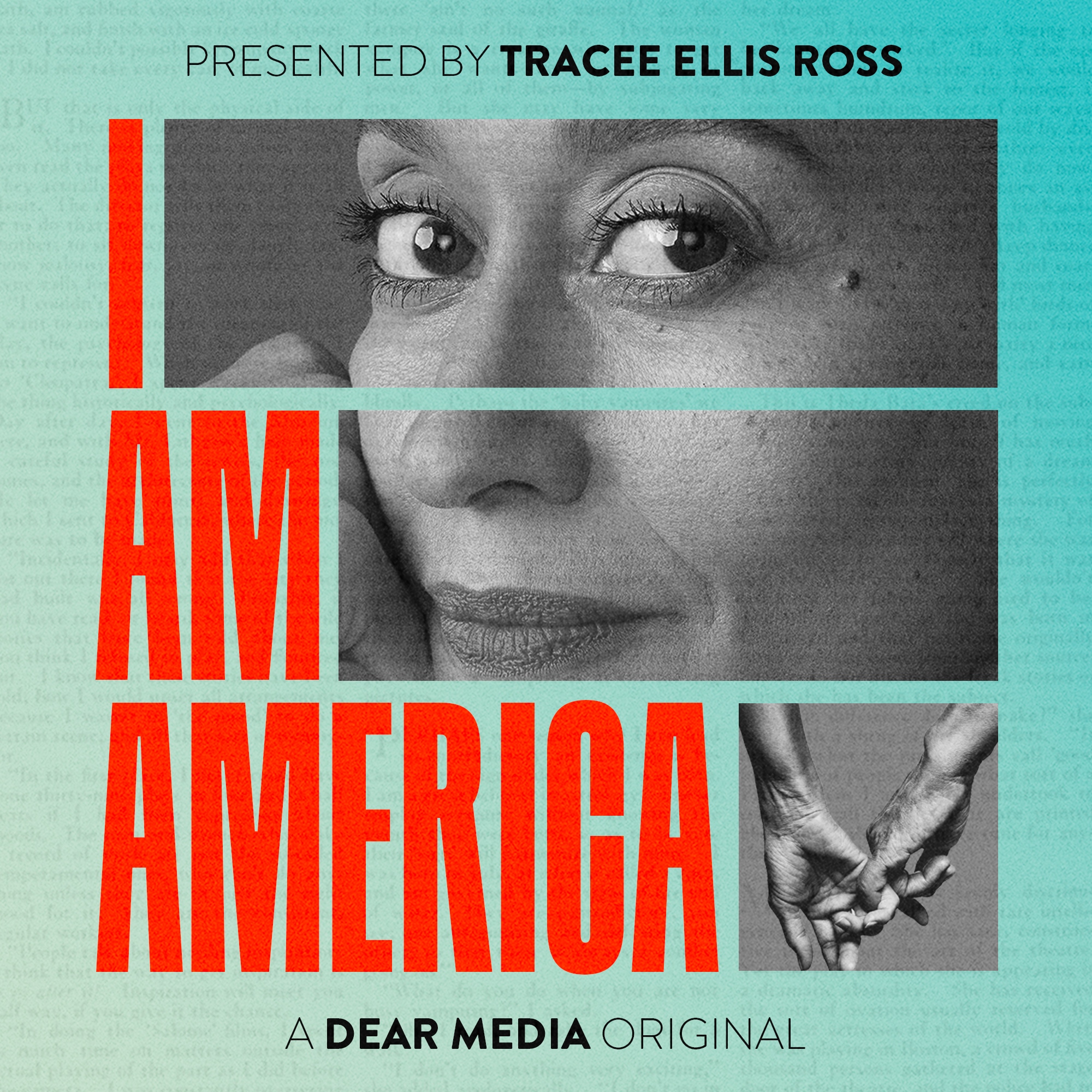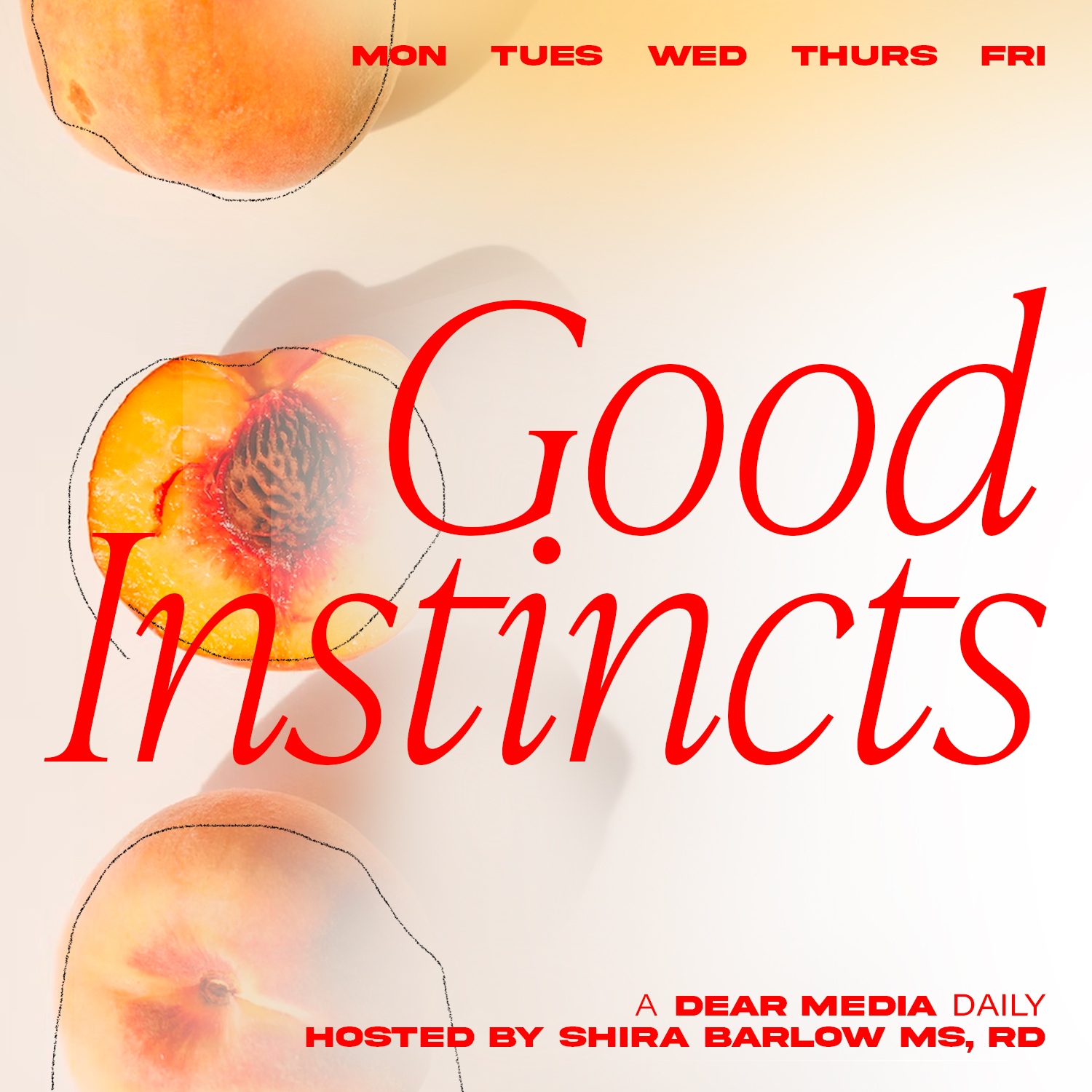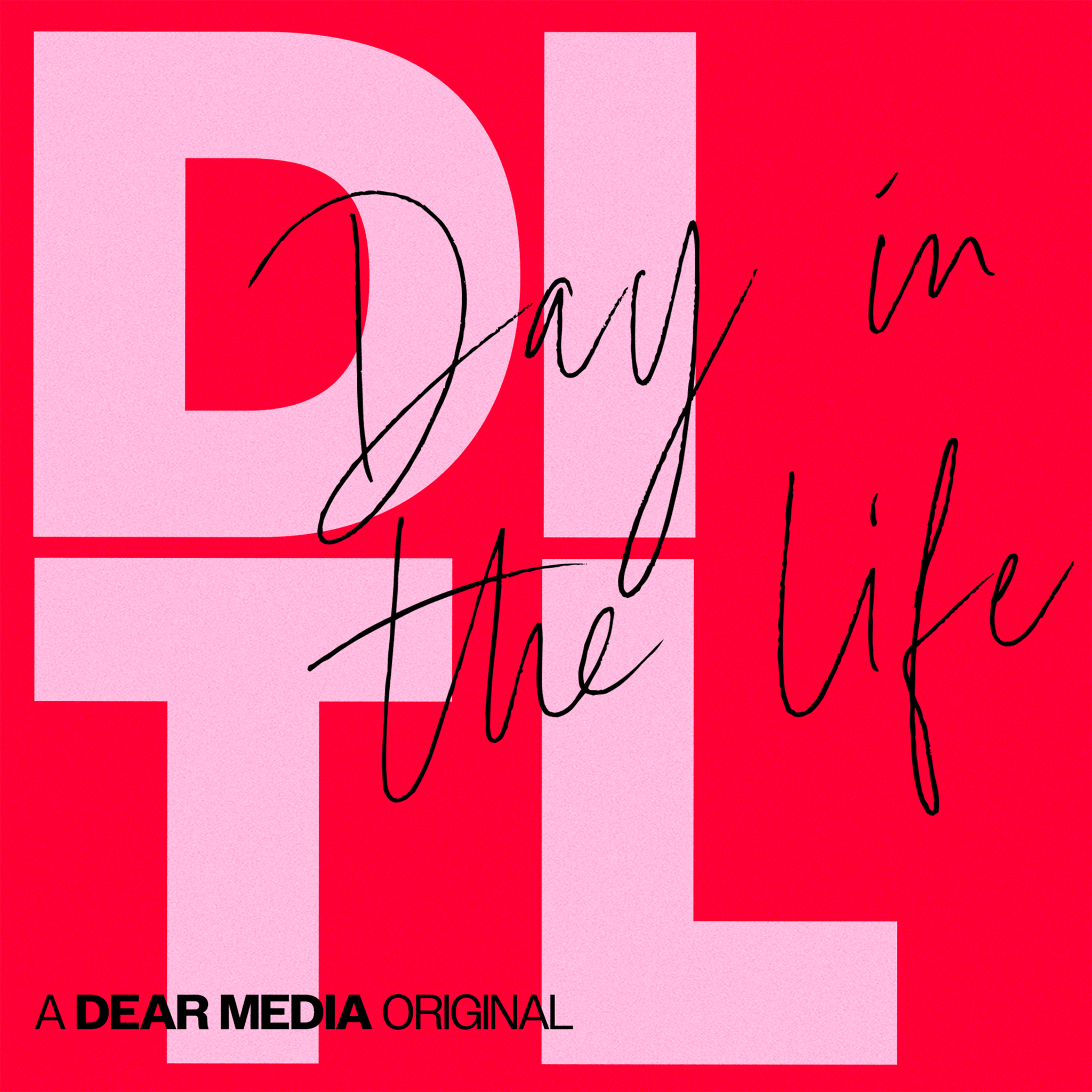We’re living through a crisis of connection, and both men and women are hurting. We’re all craving intimacy, but are struggling to meaningfully connect. Dating apps, AI chatbots and evolving gender roles are contributing to our challenge of connection, but as I explore in this episode, hope is not lost. It’s up to us to make space for intimacy in our lives. And that process starts with knowing ourselves, something AI can help us do.
In this episode, I’m joined by Kaamna Bhojwani, a certified sexologist and researcher. She is one of the leading voices at the intersection of technology and human intimacy. Kaamna has spent years exploring how our digital world is reshaping the most intimate parts of our lives: how we relate, how we connect, and what it means to feel close to someone.
She unpacks this age of relational tech based on her research in psychology, spirituality, and her experience working with individuals and couples all over the world navigating sex and intimacy in their lives and relationships.
Topics Covered:
The state of sex today, and how technology is impacting our interpersonal relationshipsWhat relational tech is, and how it can help us become more self-aware and help us develop intimacy in our relationshipsWays AI can help us confront and work through our feelings of sexual shameHow the language we use to discuss sex can reinforce gender rolesHow AI can help people seeking true connectionAbout Kaamna Bhojwani:
Kaamna Bhojwani is a certified sexologist, speaker, media personality and one of the leading voices at the intersection of technology and human intimacy including AI companions, teledildonics and humanoid robots. As the host of the Sex, Tech and Spirituality podcast, Kaamna creates space for the unpacking of our deepest emotions with a view towards collective expansion. Kaamna writes a column for Psychology Today called Becoming Technosexual and is a regular expert guest on NBC, Reuters, Al Jazeera and more.
Follow Kaamna Bhojwani on Instagram @kaamnalive and LinkedIn at @kaamnabhojwani.
Listen to Cory Corrine as a guest in Episode 10 of Kaamna’s Sex, Tech and Spirituality podcast, AI=Artificial Intimacy? Rethinking Desire, Authenticity and Personal Responsibility.
Follow The Intersect:
See Privacy Policy at https://art19.com/privacy and California Privacy Notice at https://art19.com/privacy#do-not-sell-my-info.
Being a woman online is increasingly dangerous. It means living with the constant possibility that a simple AI prompt can turn your personal image into something disturbing, offensive and humiliating.
In this episode, I’m joined by Kat Tenbarge, an award-winning journalist who has been covering online harassment of women since the early days of deepfakes. In the last several years, thanks to AI, Kat has witnessed a disturbing trend in how deepfakes are becoming more pervasive. They are impacting a wide range of women and girls (not just celebrities), and platforms and police are ill-equipped to fight it.
But as much as AI is changing the scale and speed of sexual harassment online, this isn’t a story about being powerless. It’s a story about possibility. And as Kat shares, when women organize, when we demand accountability, we can change the culture, shape policies, and build a safer and more tolerant internet.
Topics Covered:
What does sexual harassment look like in the age of artificial intelligence?How can we regulate the rapid creation of non-consensual, synthetic sexual content online?Will President Trump’s ‘Take It Down Act’ actually protect women online?Should tech companies be held responsible for regulating the spread of deepfakes on their platforms?About Kat Tenbarge:
Kat Tenbarge is an award-winning feminist journalist who writes the newsletter Spitfire News. Her work has been published in WIRED, NBC News, Business Insider, and more. She has reported on high-profile cases of gender-based violence against influencers and celebrities.
Follow Kat Tenbarge on Bluesky @kattenbarge.bsky.social and on Instagram @kattenbarge.
Follow The Intersect:
See Privacy Policy at https://art19.com/privacy and California Privacy Notice at https://art19.com/privacy#do-not-sell-my-info.
We often think of love and addiction as opposite forces. Love is life-giving. Addiction is life-limiting. Love expands your world. Addiction shrinks it. But what if I told you that biologically speaking, love and addiction are more similar than you may think. And that chatting with AI bots can actually activate part of our brain that triggers a “love” response, which mimics our brain activity when we’re experiencing addiction.
We unpack all of this in this episode of The Intersect, where I am joined by Maia Szalavitz, one of the leading voices on addiction in America. Together we dive into what’s going on in our brains when we experience love, and how like drugs, shopping and other vices, we can actually become addicted to it. Maia has written extensively on addiction. She has survived a heroin addiction herself, and unpacks how AI chatbots are designed to pull us in and keep us hooked. She reveals that addiction isn’t about a specific substance, but rather is about how addiction is defined by continued behavior despite negative consequences. That’s why obsessively relying on chatbots may be more dangerous than we think.
Topics Covered:
What happens to your brain when you’re in love, and does it mimic your brain during addiction?How can connecting with AI chatbots mimic the feeling of falling in love? How is dependency different from addiction?How can AI companies become aware of the addictive qualities of their products?How can chatbots help people navigate social or emotional challenges?In what circumstances should chatbot use be regulated?About Maia Szalavitz:
Maia Szalavitz is a contributing opinion writer for the New York Times and the author, most recently, of Undoing Drugs: How Harm Reduction Is Changing the Future of Drugs and Addiction. An author and journalist working at the intersection of brain, culture and behavior, Szalavitz has written for Time Magazine, the Washington Post, Elle, New Scientist, Scientific American Mind and many others. She's author/co-author of five books on subjects as wide ranging as empathy, polygamy, trauma and addictions.
Follow Maia Szalavitz on X and LinkedIn
Check out Maia’s recent piece in the NYT’s: Love Is a Drug. A.I. Chatbots Are Exploiting That.
Follow The Intersect:
See Privacy Policy at https://art19.com/privacy and California Privacy Notice at https://art19.com/privacy#do-not-sell-my-info.
Many of us agree on the conveniences of ChatGPT. It offers answers to tough questions, it can analyze tons of data instantaneously and … dare I say it .. it can even provide us with some form of companionship. But what we might not realize is that when we share private information with ChatGPT, whether it’s about our health, relationships, feelings or anything else, it’s not actually private. It’s not protected. Our queries are owned by OpenAI. And if circumstances emerged that required it, our inputs could be used against us in a court of law.
We’re divided on whether or not we should care about this, and what, if anything, we should do about it. This is why I am exploring online privacy in the age of AI in this episode of The Intersect, where I am joined by tech and culture reporter Taylor Lorenz and Stanford Privacy and Data Policy Fellow Dr. Jennifer King. Together we decode this pivotal moment, and offer ways to navigate it mindfully. As Jen reminds us, there are plenty of ways we can still protect ourselves and all hope is not lost even as technology becomes increasingly embedded in every aspect of our lives. Listen to uncover how.
Topics Covered:
What are we giving away by being fully honest with AI?What ‘data nihilism’ is and why Gen Z feels powerless in protecting their privacy onlineWhy our “moral panic” over smartphones is obsoleteWhy you might want to rethink what you share with pregnancy tracking appsHow you can protect your data in the age of ChatGPTAbout Taylor Lorenz:
Taylor Lorenz is a tech and online culture reporter and founder of User Magazine, a tech and online culture newsletter on Substack. She hosts a weekly tech and online culture podcast, Power User. Taylor is a former technology columnist at The Washington Post, and a former technology reporter for The New York Times, The Atlantic, and Business Insider. Her work has appeared in New York Magazine, The Hollywood Reporter, Rolling Stone, and other major outlets. She regularly appears on CNN, NBC, the BBC and other TV news channels to discuss online culture.
Follow Taylor Lorenz on TikTok, Instagram, YouTube and LinkedIn at @taylorlorenz
About Jennifer King:
Jennifer King is the Privacy and Data Policy Fellow at the Stanford University Institute for Human-Centered Artificial Intelligence. An information scientist by training, Dr. King is a recognized expert and scholar in information privacy. Sitting at the intersection of human-computer interaction, law, and the social sciences, her research examines the public’s understanding and expectations of online privacy as well as the policy implications of emerging technologies.
Follow Dr. Jennifer King on LinkedIn
Follow The Intersect:
See Privacy Policy at https://art19.com/privacy and California Privacy Notice at https://art19.com/privacy#do-not-sell-my-info.
In this episode of The Intersect, I’m joined by Dr. Hamsa Bastani -- an Associate Professor at the Wharton School of the University of Pennsylvania -- and Kristina Peterson -- a longtime high school English teacher and author of AI in the Writing Workshop – to discuss the ways that AI is transforming our education system.
Over the last couple of semesters, AI has become an overwhelming presence in school classrooms and on college campuses. While many remain concerned about students cheating and misusing AI, there’s a deeper question at play: How is this new technology reshaping the way students learn? In this episode, we explore how education is transforming as students and educators integrate it into their work and lives. The challenge remains big though: How can we ensure the education system maintains its relevance, meaning and humanity?
Topics Covered:
What does it mean to cheat in the age of AI?How can educators integrate AI into their classrooms to facilitate teaching and learning?How can AI be a thought partner for students rather than a crutch? Has AI allowed us to forget what it’s like to struggle in school? Does this matter?What can parents do to best navigate the rise of AI in the classroom?About Hamsa Bastani:
Hamsa Bastani is an Associate Professor at the Wharton School, University of Pennsylvania, where she co-directs the Healthcare Analytics Lab. Her research develops innovative machine learning methods to address societal challenges, particularly in healthcare and education. She has partnered with national governments, including Greece and Sierra Leone, to deploy algorithms at the country-scale to improve public health outcomes, and her research has been published in leading outlets including Nature, Management Science, and Operations Research.
Follow Hamsa Bastani on LinkedIn: https://www.linkedin.com/in/hamsa-bastani-4a346955/
About Kristina Peterson:
Kristina Peterson is a veteran high school English teacher, researcher, and co-founder of EmpowerEd Consulting, specializing in the ethical integration of generative AI in education. She is the co-author of AI in the Writing Workshop: Finding the Write Balance (April 2025), which explores how AI can serve as a writing partner while still preserving student voice and creativity. Kristina’s work bridges classroom practice with national conversations on innovation, equity, and digital literacy. She also consults with educators, universities, and law enforcement to help them adapt responsibly to emerging AI tools.
Follow Kristina Peterson on LinkedIn: https://www.linkedin.com/in/kristina-peterson-617525262/
Follow The Intersect:
See Privacy Policy at https://art19.com/privacy and California Privacy Notice at https://art19.com/privacy#do-not-sell-my-info.
In this episode of The Intersect, I sit down with Lila Shroff, an assistant editor at The Atlantic who covers technology, science, health and culture.Together we explore how AI is rapidly shaping the habits, experiences and worldviews of Gen Z, and how AI companies are diligently working to attract 18-24 year olds and convert them to loyal customers.
A member of Gen Z herself, Lila introduces the idea of the “Gen Z lifestyle subsidy,” which is the trend of AI companies subsidizing the cost of subscriptions for their premium offerings to college-aged students. Beyond this, we cover how education, data privacy, and intimate relationships are being re-imagined and influenced by AI for the better and for worse. And how this era is not just about humans talking to chatbots. Now chatbots are talking to chatbots to help humans navigate their lives from making restaurant reservations to writing job applications. The ultimate question: Is this the path to a more efficient life, or are we losing our agency?
Topics Covered:
What the Gen Z “lifestyle subsidy” is and how it’s impacting an entire generationHow 18-24-year-olds have become AI “power users” and what AI companies are doing to drive adoption and earn their loyaltyWhat growing up with chatbots means for young children born into an AI world The generational shift in attitude toward sharing private information with chat botsAbout Lila Shroff:
Lila Shroff is an assistant editor on The Atlantic’s Science, Technology, & Health team. Before The Atlantic, Lila served on the editorial board at Reboot and co-led a working group at the Stanford Human-Centered AI Institute researching AI and the arts. She is particularly interested in the social and cultural impacts of AI. She graduated from Stanford where she studied AI and literature.
Follow Lila Shroff on X and LinkedIn at @lilashroff.
Follow The Intersect:
Transcript available at https://www.theintersectshow.com/what-is-the-real-cost-of-free-chatgpt/
See Privacy Policy at https://art19.com/privacy and California Privacy Notice at https://art19.com/privacy#do-not-sell-my-info.
In this episode of The Intersect, I sit down with Joanna Peña-Bickley, co-founder and CEO of Vibes AI. We explore where technology meets our most human needs and concerns, and discuss how AI can support brain health to help us age with dignity.
As wearable technology continues to advance, how can we better understand and care for our brains? Joanna and her team want to empower us with tools to understand and care for our brains. In our conversation, we delve into how Vibes AI is using voice analysis to detect early signs of cognitive decline, the connection between our hearing and our cognitive functioning, and an innovative vision for how AI and wearable tech might help us extend not just our lifespan, but our “joy span.”
Topics Covered:
Why brain health is a critical and often overlooked pillar of wellnessHow Vibes AI is working to identify early signs of cognitive decline by analyzing biomarkers in our voice.How hearing loss is connected to cognitive health, and how improving our hearing can lead to positive outcomes for our brains. Ways that having a healthy brain can increase not just our “joyspan,” but also our healthspan. How our voices have a unique frequency and when we’re “on the same wavelength” as others, it can lead to deeper connections.About Joanna Peña-Bickley:
Joanna Peña-Bickley is a design engineer known as the mother of Cognitive Experience Design and a leader in Generative AI. Her multidisciplinary work across tech, media, and design for the AI era has led to over 150 products for companies like IBM, Amazon, and NASA.
An advocate for inclusive design and AI ethics, she co-founded neurotechnology company Vibes AI that aims to make brain health and wellness accessible to all. She also launched the AI Design Corps to drive workforce upskilling.
Named one of Fortune's Most Powerful Women, Joanna is working to shape the future of human-centered AI.
Follow Joanna Peña-Bickley on Instagram and YouTube @joannapenabickley and TikTok @joannapenabickley0.
Follow The Intersect:
See Privacy Policy at https://art19.com/privacy and California Privacy Notice at https://art19.com/privacy#do-not-sell-my-info.































